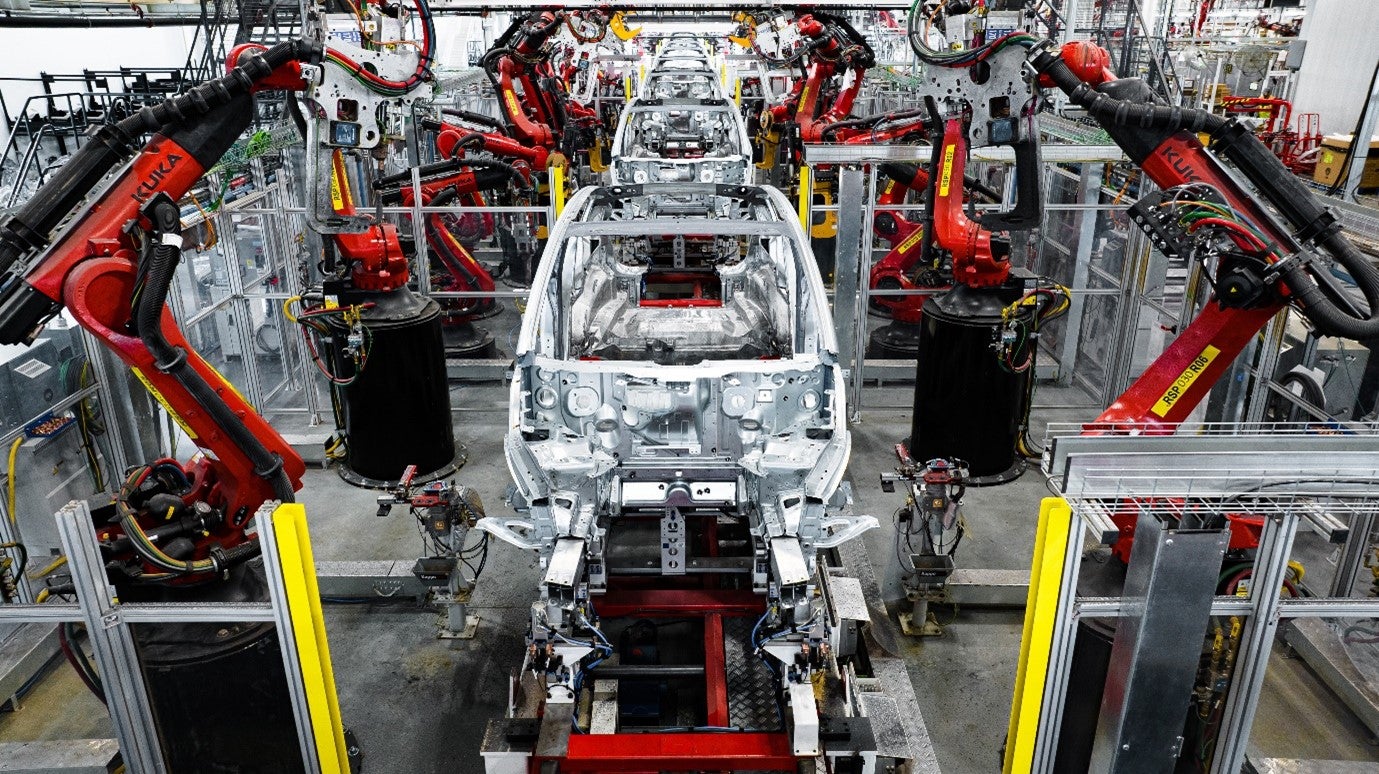
India is close to agreement with Tesla which would allow the US automaker to ship its electric cars to the country from next year and set up a factory within two years, according to Bloomberg sources.
An announcement could come at the Vibrant Gujarat Global Summit in January, a source said.

Discover B2B Marketing That Performs
Combine business intelligence and editorial excellence to reach engaged professionals across 36 leading media platforms.
The states of Gujarat (prime minister Narendra Modi’s home base), Maharashtra and Tamil Nadu are under consideration because they already have well established ecosystems for electric vehicles and exports, another Bloomberg source said.
Tesla would commit an initial minimum investment in any plant of around US$2bn, one source said, and would look to increase purchases of auto parts from the nation to as much as $15bn. The US automaker would also seek to make some batteries in India to bring down costs, the source told Bloomberg.
No final decision has been made and the plans could change, the sources said.
Bloomberg noted Tesla chief executive officer Elon Musk had said last June Tesla planned to make a “significant investment” in India and he intended to visit in 2024.
Representatives from India’s Ministry of Heavy Industries, which oversees the automobile sector, and the ministries of finance, and commerce and industry, didn’t respond to Bloomberg requests for comment and nor did Tesla.
Battery-powered cars accounted for just 1.3% of the total passenger vehicles sold in India last year, according to Bloomberg. Buyers are hesitant to make the switch due to electric cars’ high upfront cost and a dearth of charging stations.
Tesla doesn’t import cars directly into India because of the high tariffs that are levied. When its first locally made cars do go on sale, they could retail for as little as $20,000, Bloomberg sources said.
According to the report, India was now said to be considering lowering import taxes for international EV manufacturers for a period of five years if those firms eventually commit to setting up local factories.






